I’m so excited you’re planning your trip to Japan. It’s one of the most incredible countries you’ll ever visit. Learning about Japanese customs and behaviours is part of the fun, as you will see some unusual things during your visit. It’s best to familiarise yourself with the basic Japanese manners and Japanese etiquette. Manners and customs are important in Japan, and even though you are a tourist in the country, you are still expected to follow a few common rules. Don’t worry, everything is straightforward and really fun to do anyway.
In this article, I will tell you everything you need to know to gain respect in Japan and not insult any of the locals. You’ll know how to follow some basic rules and try to fit in as much as possible.
In case you don’t know me, hi, I’m Cory and I love everything Japan. I even lived in Japan for a while and yes, I really do love Japan and the local culture. I even wrote a book How to Behave in Japan to really help you understand more about the country.
Here is your guide to Japanese manners and etiquette in Japan.
Table of Contents
- Learn a few basic words in Japanese
- It is impolite to drink or eat on the street
- Do not leave your rubbish behind
- Don’t pour your own drink if you are out with others
- Sharing food with chopsticks
- Don’t point at someone with your chopsticks and do not leave your chopsticks standing upright in your food
- No Pointing
- No sugar or cream
- Slurp away
- Don’t blow your nose
- The best Japanese etiquette: No tipping
- Don’t count the change
- Don’t be late
- Don’t stare
- No phone calls, please
- Be generally quiet
- Respect, Respect, Respect
- No shouting
- Always stick to your side of the road
- Shoes off
- Toilet slippers
- Visiting a Japanese person
- Gift away
- Have a tattoo?
- Onsen time
- How to bathe
- Bow or Nod
- Paying the check
- Use the wet towel properly
- Put your chopsticks back in their place
- Don’t drink before saying kanpai
- Elevator manners and etiquette
- Business cards with both hands
- Take the backpack off
- Taxi
- Keep smoking at bay
- Formal Wear
- Don’t interrupt people
- No soy for the rice
- Stick your umbrella in a sleeve
- Hello miso soup
- Cory-san from Japan
- More tips and information on Japan
Learn a few basic words in Japanese
Visiting Japan will inevitably come with some culture shock. Everything is different, but in a good way. I found it very intriguing that not many people speak English, for example. But I later realised, people do speak English, they are just a little too shy to practice it. So, what should you do? Learn a few Japanese words.
Don’t worry, nobody expects you to speak fluent Japanese, but know that it shows you are well-mannered when you try your best. I recommend using a translator to tell people what you need or just gently point. Remember that in Japan, people point with the whole hand and all five fingers and not with an index finger. Be calm and composed, and respect locals who don’t speak your language.
Here are a few words to help you.
Hello – Kon’nichiwa
Thank you – Arigatō
Please – Kudasai
Goodbye – Mata ne
Thank you for the wonderful meal – Gochisou samadeshita
Excuse me – Sumimasen
Tea – Ocha
Yes – Hai
No – Īe
Cheers – Kanpai
Good to know: Foreign visitors think Sayonara means Goodbye but in reality, it sort of means Goodbye forever, which is why Japanese people don’t tend to use it very frequently. A better way to say Goodbye is mata ne which means see you later or bai bai which is even more casual.
Excited about learning Japanese? I strongly recommend Japanese with Aimee. This is how I learnt basic Japanese.
It is impolite to drink or eat on the street
This might sound a bit baffling. What if you are hungry or thirsty? Well, in Japan, you will find plenty of vending machines, eateries, bars, and pubs all around you. You should buy your drink and food and consume it on the spot.
You will notice that all vending machines have a bin next to them, so you can discard any packaging and empty cans. All street food vendors usually offer a small area for you to eat your food right away.
Please don’t eat in the subway. You can, however, eat on the Shinkansen. When you are on a train, use the foldable tray in front of you. Some night trains will have a dedicated area for eating and drinking.
Streets are considered dirty, which is why in Japan there are special areas for eating and drinking. This way, nobody needs to eat in a public space.
You will notice that nobody eats or drinks on the street, and this is definitely one of the most important parts of Japanese etiquette to follow.
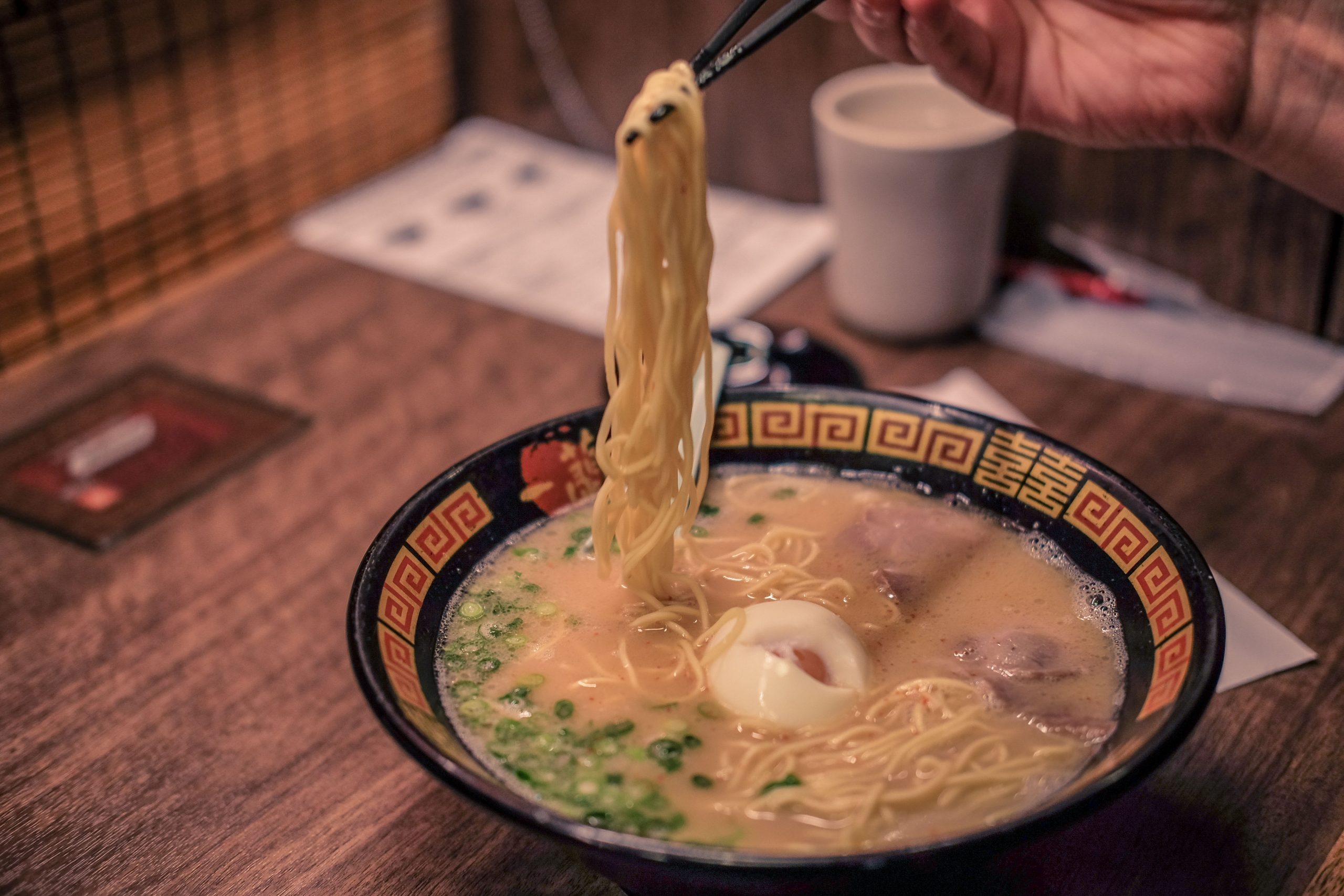
Do not leave your rubbish behind
This is just general good manners, right? We don’t throw rubbish on the floor or on the street. But Japan took this to the next level. I was shocked to see no bins in Japan.
Why are there no bins in Japan on the streets of Japan? This is not because Japan is dirty, on the contrary: it is the cleanest country I have ever visited. It is common courtesy to simply hold on to your rubbish and take it back home with you.
I recommend having a plastic bag in your backpack to store your rubbish until you get back to your hotel room.
DO NOT litter in Japan. You might come across some bins next to the vending machines. These bins are provided for vending machine users only and not for general use. Your best bet is to just keep your rubbish with you.
The housekeeper will empty your bins in your hotel room daily.
Don’t pour your own drink if you are out with others
One of the most interesting Japanese customs was not pouring my own drink during my time out with Japanese people.
Japanese etiquette dictates that you pour drinks to your friends, and they return the favour. If you order a bottle of sake with two cups, you pour the drink for your friend, then they pour in your cup. You will then pay attention to ensure that once their cup is empty, you pour again. To me, this shows a high level of attention to details.
In Japan, this is usually done depending on the social status, work relation and so on. The social and corporate hierarchy is difficult to understand by an outsider, hence don’t worry too much about it, as you are an honoured guest.
I encourage you to do this even when you are out with your spouse. I had fun with my husband pouring each other’s drinks. Oh and don’t forget to say Kanpai, the Japanese word for cheers!
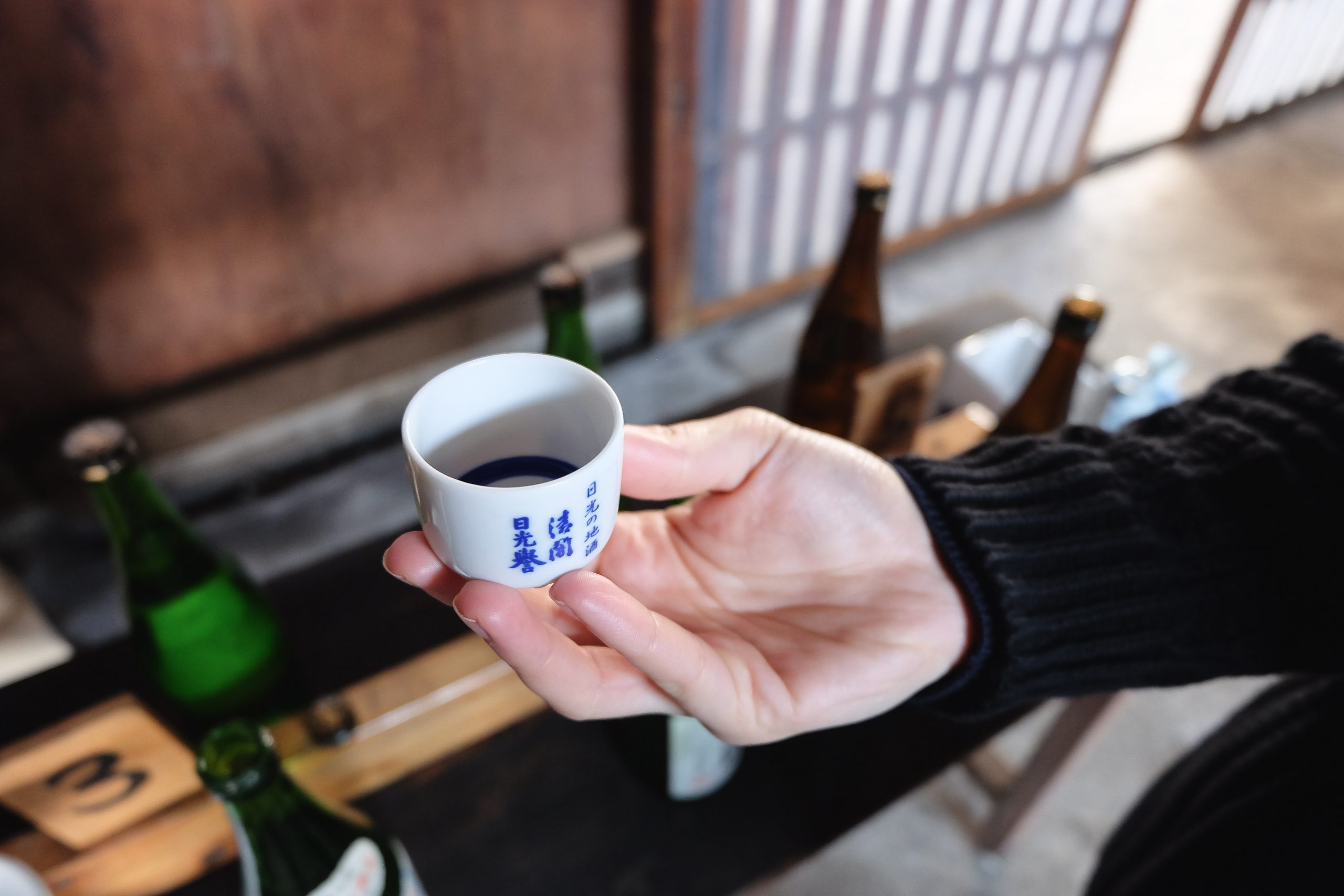
Sharing food with chopsticks
This may sound weird, especially if you want to offer your partner a bit of your amazingly delicious Japanese food, but please resist the urge to pass food from your plate with your used end of the chopsticks.
Japanese manners dictate that you must take some food from your plate with your chopsticks before you use them, and place them on your partner’s plate. Alternatively, allow your partner to just take the food they want to try from your plate, with their own chopsticks.
Some people use the end of the chopsticks which hasn’t touched their mouth. The Japanese are spotless and conscious of personal hygiene, hence using the same chopsticks to share food is frown upon.
Don’t point at someone with your chopsticks and do not leave your chopsticks standing upright in your food
Don’t point with your chopsticks. The same way as you wouldn’t point at someone with your steak knife. It would be weird, right?
Don’t leave your chopsticks upright in your food (especially in your rice bowl) because this symbolises death in Japan.
Don’t play with your chopsticks. I see misbehaving tourists use the chopsticks as drumsticks. This is extremely rude in Japan, please refrain from doing so. Don’t move plates around with your chopsticks (you wouldn’t do that with your fork or spoon, would you?).
When picking food from a shared plate, make sure you offer people space, as it is not nice for two people to grab from the same dish at the same time.
These are not particular customs, they are just about using common sense and behaving like an educated adult when out in a public place. Read my detailed guide on how to behave in a Japanese restaurant.
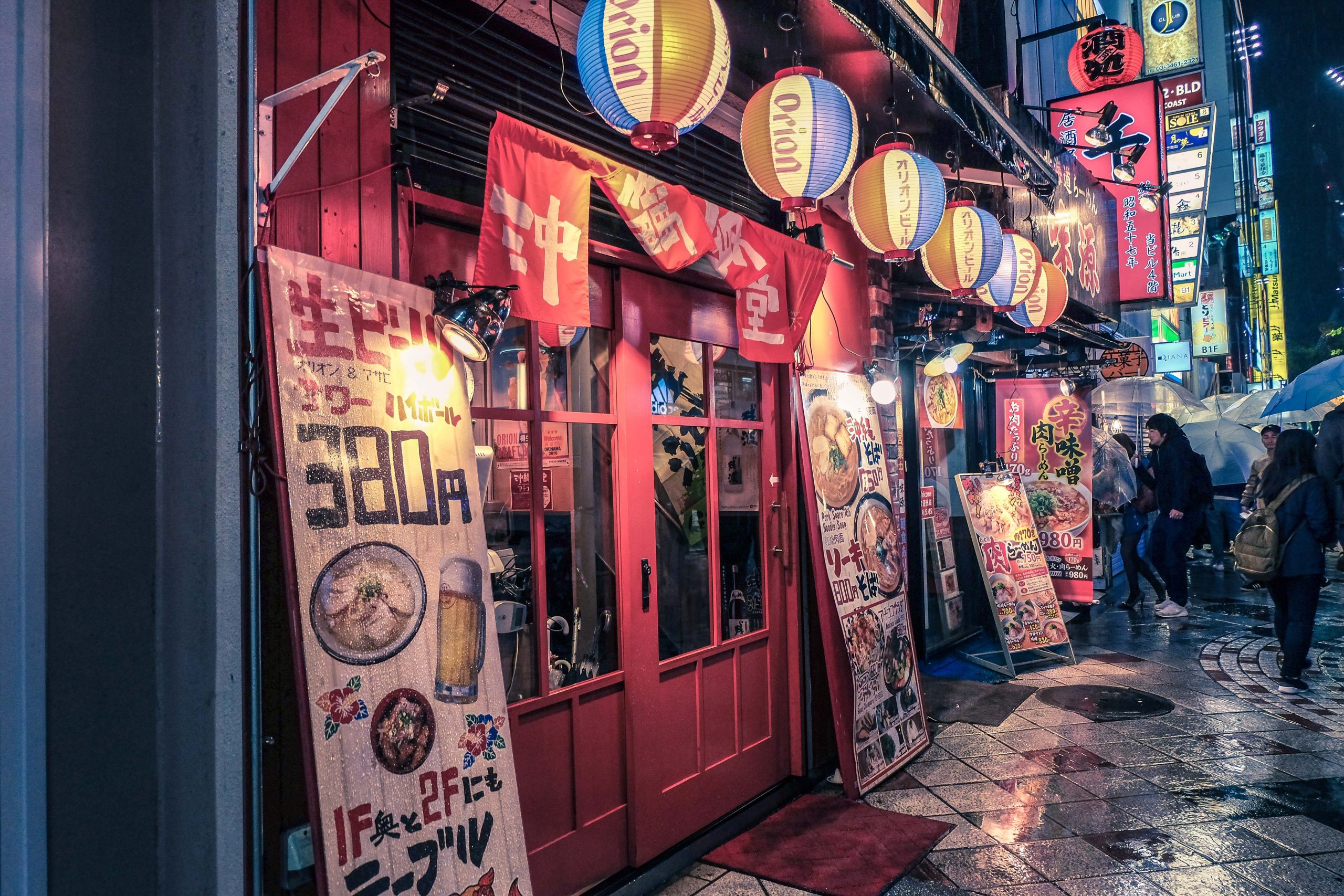
No Pointing
Pointing is considered threatening in Japan, and it should be avoided at all cost. If you ask for directions, people tend to indicate directions with an open hand. They sometimes offer verbal directions without gestures or the use of body language.
I found this behaviour incredibly interesting while in Japan. I actually love it so much that I adopted it all the time. I mean, our parents teach us that pointing is rude either way, so we might as well use this Japanese way of showing things. Such a cool manner.
No sugar or cream
This Japanese etiquette is to be followed by those with a sweet tooth. The Japanese green tea is meant to be enjoyed as it is offered to you. Do not add sugar or cream to it. If you dislike such type of tea, simply order water or beer instead.
Most establishments offer complimentary green tea and water anyway. You can also come across Hōjicha, a type of Japanese tea which is roasted in a porcelain pot over charcoal. It tastes delicious and is usually complimentary with your meal.
You can add sugar or cream to your coffee, of course. And I promise you, there are so many sugary drinks you can enjoy in Japan, you won’t have problems finding something delicious just for you.
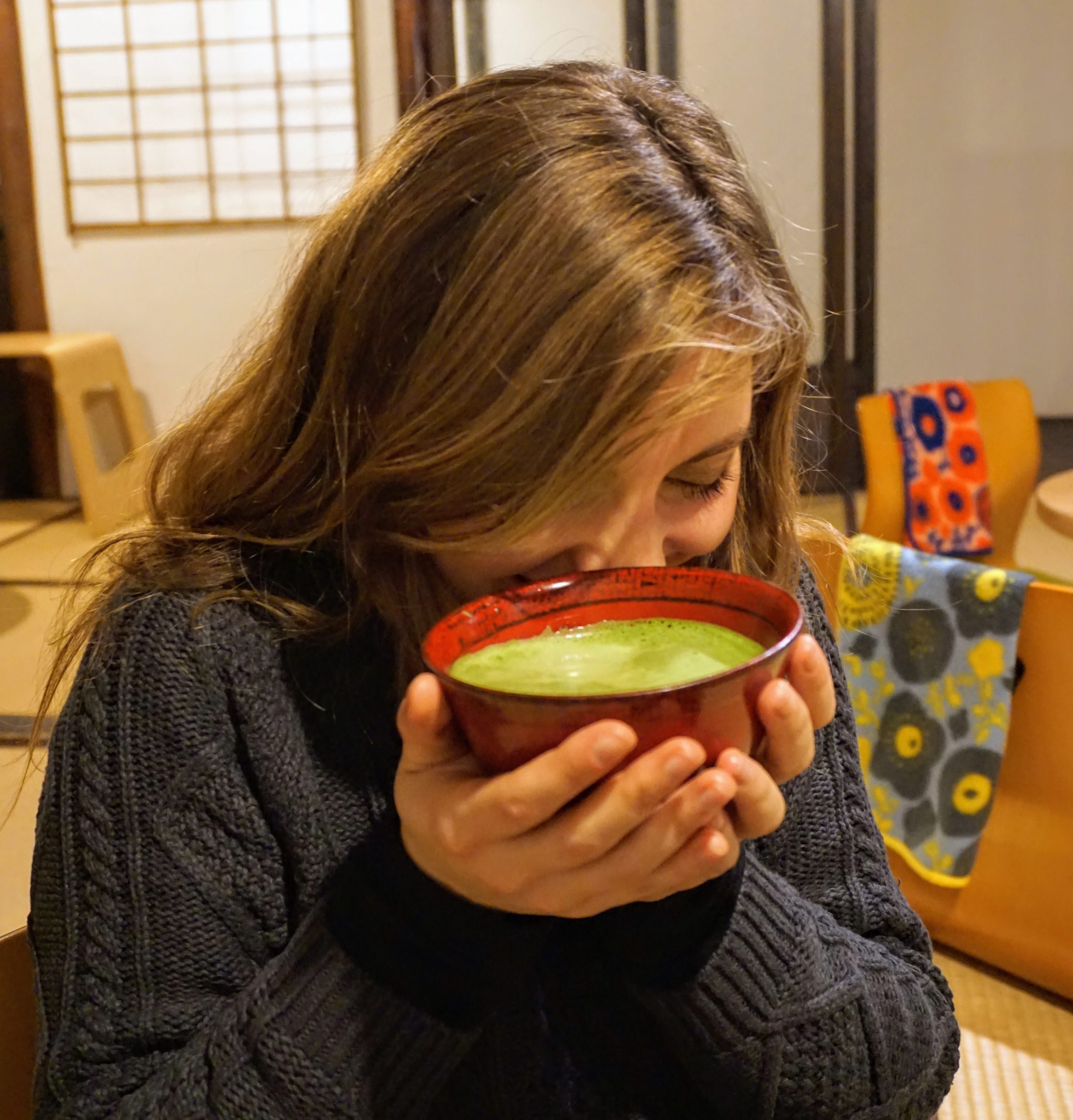
Slurp away
Want to know the best Japanese manners, which we love? Noodle slurping. Seriously, you will hear it in every ramen bar.
Proper manners dictate that you should slurp your noodles. This tells the chef you are enjoying your food. In fact, as part of the Japanese manners and etiquette, it is actually not customary to bite your noodles in half. Slurp, slurp, slurp.
Don’t blow your nose
This one is a bummer if you have a cold. I visited Japan in December and I was unlucky enough to catch a cold during the first few days of my stay.
Japanese manners dictate that you should not blow your nose in public. Go to the restroom if you need to blow your nose. It can get a little irritating, but you get used to it eventually.
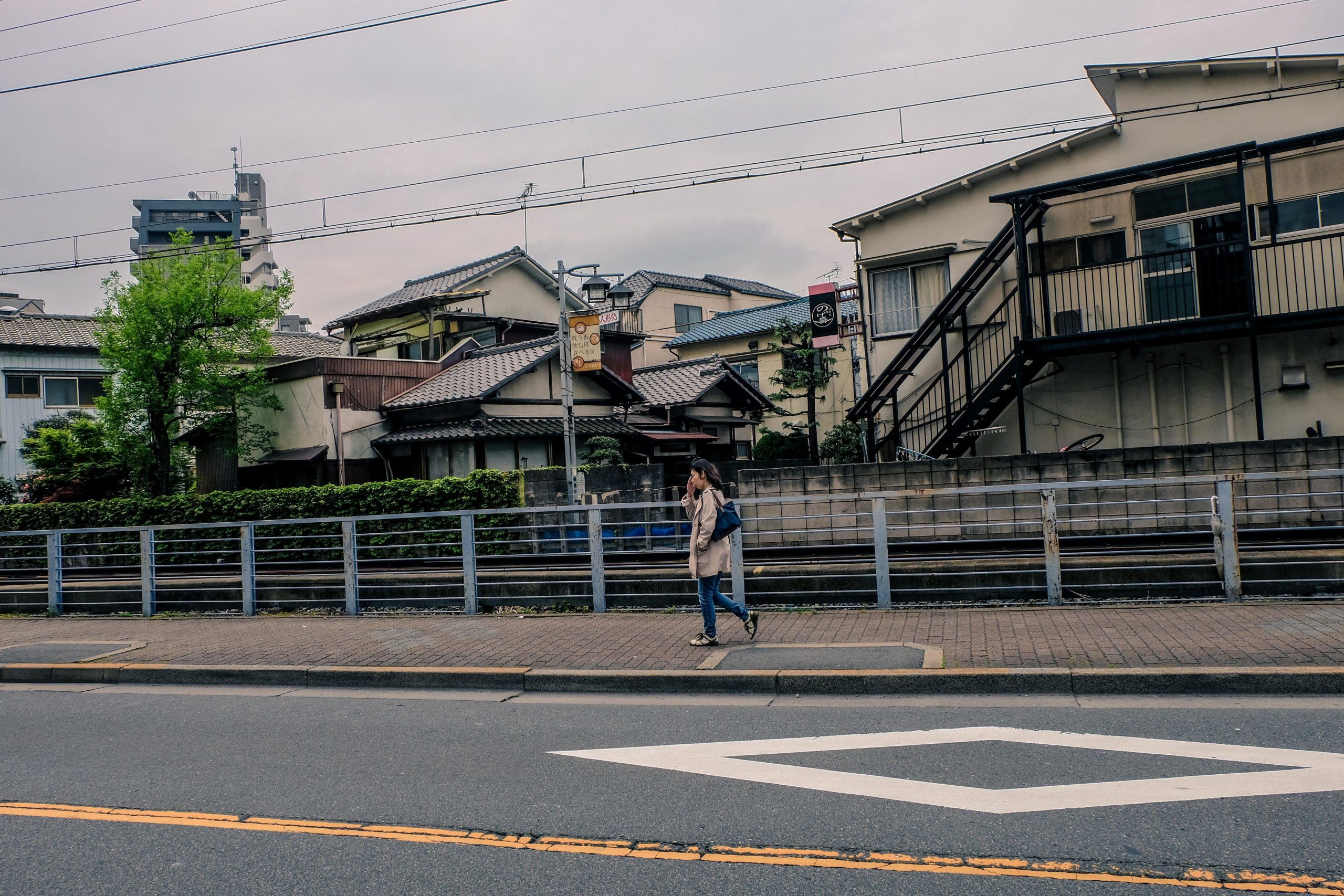
The best Japanese etiquette: No tipping
It is normal to pay at the counter when you finish eating. There is no tipping expected. EVER. In fact, leaving money behind can be considered an insult. It can also be interested that you believe they are not earning a fair wage.
Most restaurants do include a service charge, which is between 10-15%. This is to be expected in posher restaurants. Even if you don’t see this charge on your bill, there is no tipping required.
If you leave money behind, someone will very likely run after you to give you your money back, as they would imagine you forgot them on the table.
Don’t count the change
It’s normal in Western countries to check if someone gave us the right change, but not in Japan. It’s considered bad practice. Japanese people trust one another (no surprise they have some of the lowest levels of crime in the world). Thus, it is considered rude to count your change. It’s a form of distrust, and it is not appreciated.
You will notice that it is common to see an automate change dispenser at the cashiers so it’s doubtful you will be given the wrong change anyway.
Good to know: Don’t place money in people’s hands. Ideally, you will use the small trays provided for you to place your money. The cashier will take the cash, add it to the machine, and you will be provided the change. The change is sometimes placed back on the tray or directly into your palm. Just ensure there is no physical touch between you and the cashier.

Don’t be late
Japanese etiquette dictates that precision is key, and you must not be late for an appointment. Be it dinner, seeing a doctor, going for an interview or meeting close friends, arriving on time is crucial. In fact, in the unlikely event of the train or subway arriving late at its destination, the conductor offers an explanation in writing for the passengers who need it, so they have evidence for why they are late for work or school. Pretty amazing, right? You should definitely respect this Japanese manner. Don’t worry though, with good planning, it’s very difficult to be late in Japan.
I recommend arriving 5 minute easier just to be on the safe side.
Don’t stare
Respect other peoples’ space and try to avoid physical contact. For example, don’t pat a Japanese mate on his/her back. Don’t stare at people and avoid long eye contact. Japanese people are quite shy.
Staring at a Japanese person is considered ill-mannered because it shows a level of threat. When you smile, smile delicately, don’t show your teeth. Again, this is not a common practice in Japan. Just be reserved and keep yourself to yourself.
You can be friendly and nice, of course, but you will notice that many people avoid direct eye contact.
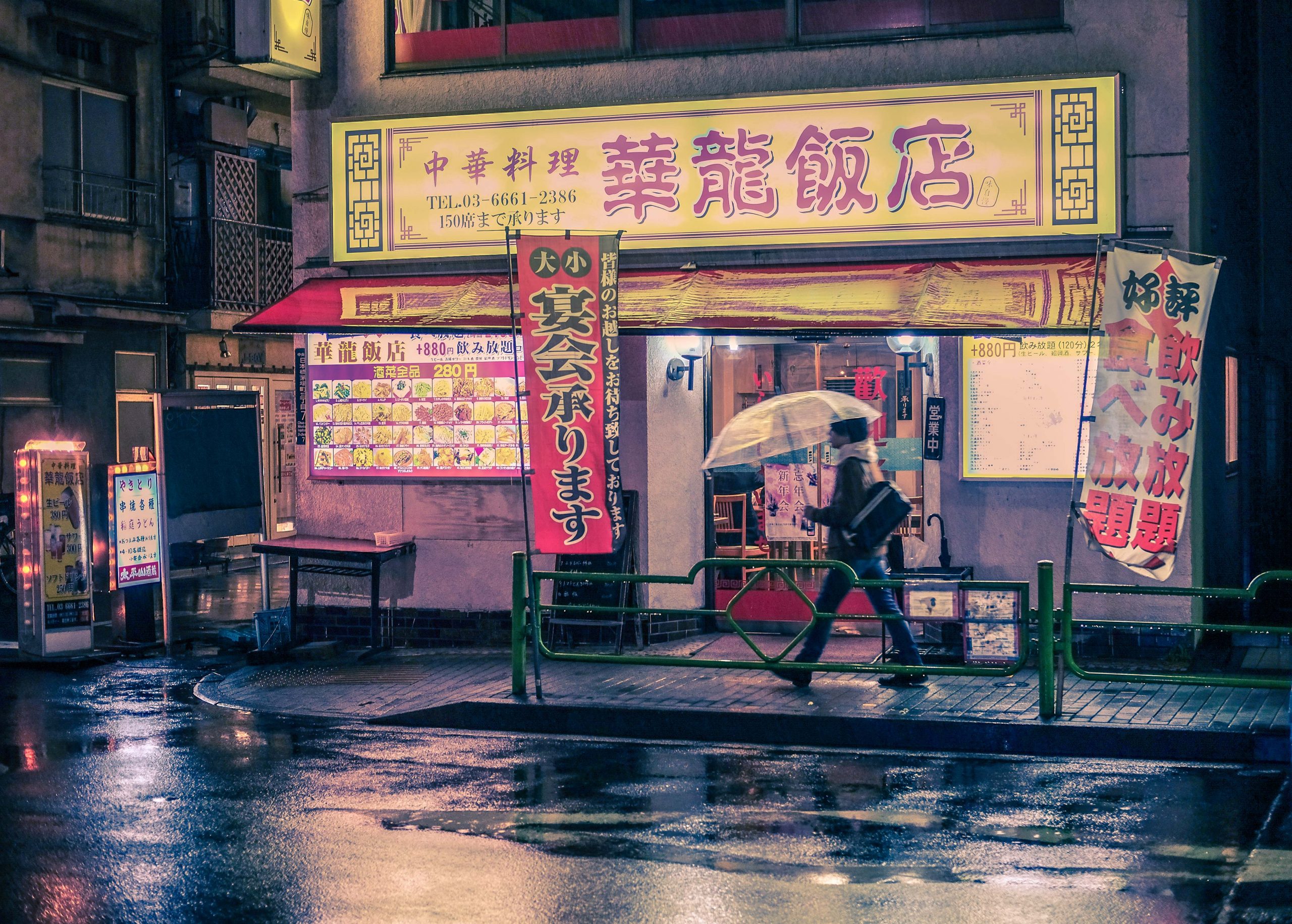
No phone calls, please
Although it is fine to be online, text or just browse social media apps, it is impolite to talk on the phone whilst on public transport.
If someone rings you, reject the call, send them a text saying you will call them back as soon as possible. Make sure your phone is on silent mode.
This is one of my favourite things about Japan because I can actually rest on public transport and not have to listen to loud conversations. Yay for the wonderful Japanese right of silence.
This also shows you are educated and considerate, and you have good manners. If the call is urgent, answer, but be brief. Tell the caller you will get off the train at the next station, so you can talk to them in detail.
Be generally quiet
I know you are probably excited about everything you see around you, but try to talk softly and quietly. When we were on our way to on a temple in Kyoto, there was a group of foreign tourists talking very loudly. You could see how uncomfortable and stressed the locals became because of this situation.
Please try to be as quiet as you can in Japan to not draw attention to yourself. This shows you are polite and well-mannered. You will notice many neighbourhoods, even downtown Tokyo, whereby you can’t hear a thing during the evening. Remember to blend in and keep the conversation to a low volume.
My favourite place in Tokyo is Chuo after dark. It’s so quiet, it’s hard to believe that’s literally central Tokyo.
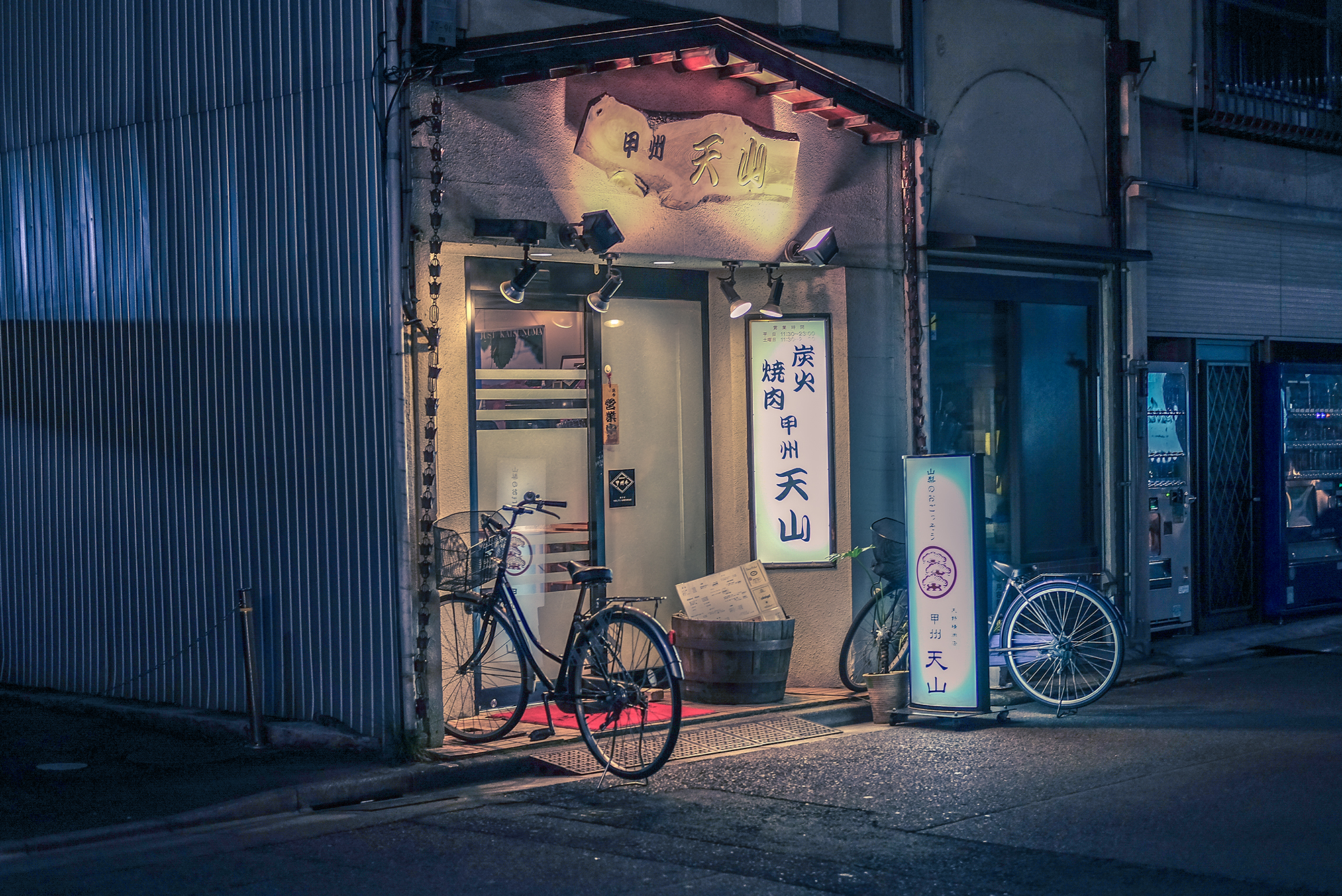
Respect, Respect, Respect
Don’t ever get annoyed if a Japanese person doesn’t speak English. Remember, you are in Japan, you should speak Japanese and not expect others to speak your language. Make an effort, gesticulate (nicely), use google translate, and most importantly, be kind and patient. Don’t make people feel bad in their own country.
By being polite and respectful, you act Japanese as the locals will act like this towards you. If you see kids laughing at you, remember they are not used to seeing foreigners perhaps. Don’t get angry with them. Simply ignore and move on. Always act proper.
No shouting
If you need to grab someone’s attention, either wave at them or walk to them. You shouldn’t shout their name on the street. Silence, quiet and respect in Japan are crucial.
If you wonder what makes you look most polite, is this: keeping yourself to yourself. Don’t scream for any reason and even when you are in a restaurant or cafe, keep the conversational volume to a minimum. If you are out partying, you can see how the crowds react and do the same.
The best way to adhere to Japanese etiquette is to first observe it and then copy what locals do.
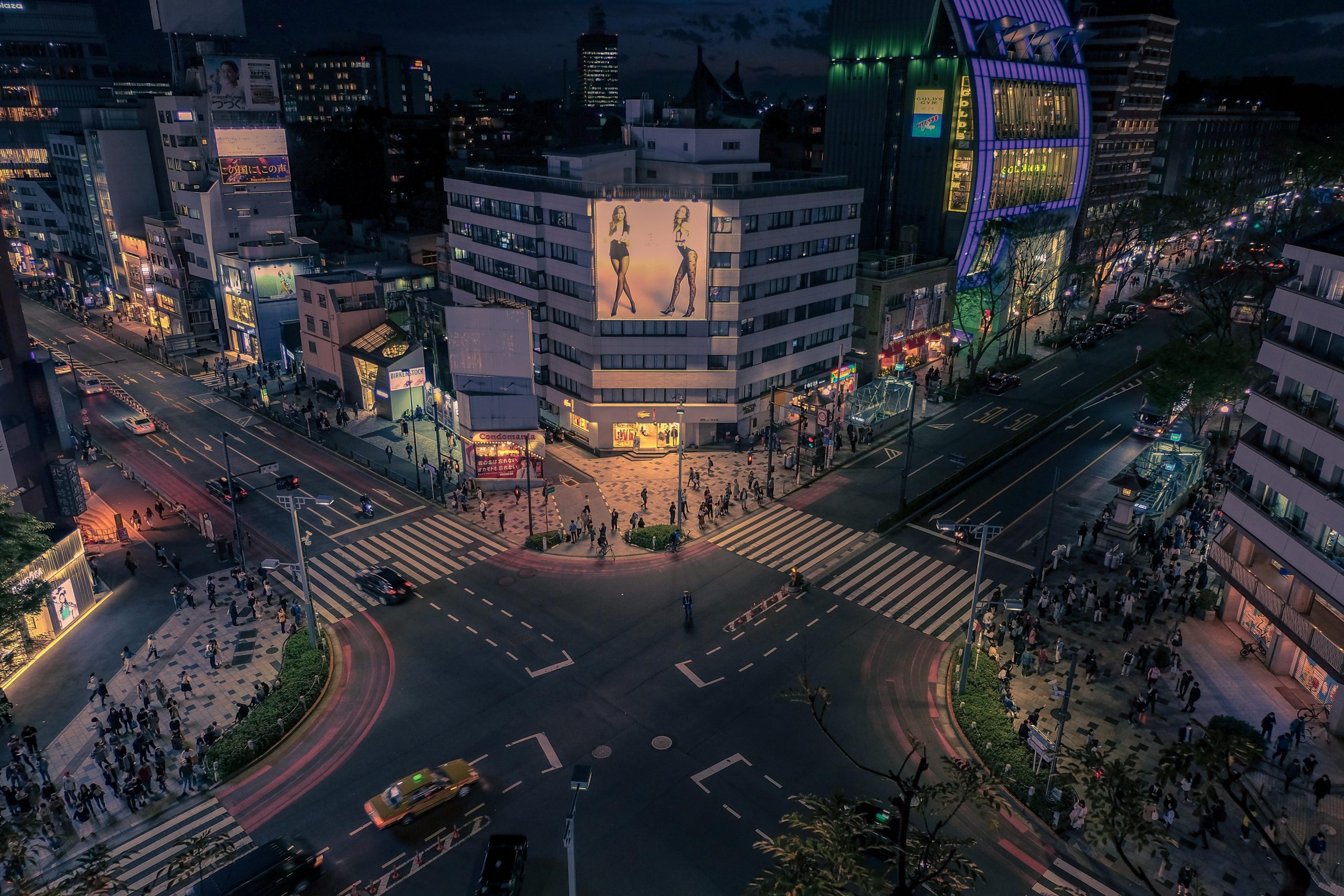
Always stick to your side of the road
When you walk on the street, always stick to your side and allow others to pass. I know you are on holiday, wanting to marvel at everything, but others must rush to get to work and cannot be late. Remember? The Japanese are never late. Don’t be the cause of it.
Want to know a cool Japanese thing? Most pavements, escalators, subway platforms will have signs indicating which side to stick to. Respect this. Ensure you are not walking in the bike lane.
Here’s something I see tourist do wrong all the time: rush to get into the subway or shinkansen. Please queue properly for the Shinkansen or subway. You will notice people already queueing, so get behind them, but respect personal space. Surely, you wouldn’t want someone breathing down your neck, either.
For the Shinkansen, you will notice circles, squares, or triangles on the announcement board, alongside numbers. These indicate the positions where you can start queuing.
Everything is smartly done in Japan to make the society run efficiently. If you truly want to be polite and mannered, pay attention to these small details and act accordingly.
Shoes off
The most notable Japanese custom is taking the shoes off when entering an establishment with tatami. The same applies to people’s homes. Don’t wear any shoes or slippers when walking on a tatami because it’s impolite, and it’s considered dirty. If you are uncomfortable walking in bare feet, use white socks. Needless to say that your socks should be very clean.
There are restaurants and museums which will ask you to remove your shoes before entering their establishment. Wear nice and clean socks during your travels to Japan and make sure you adhere to this Japanese etiquette.
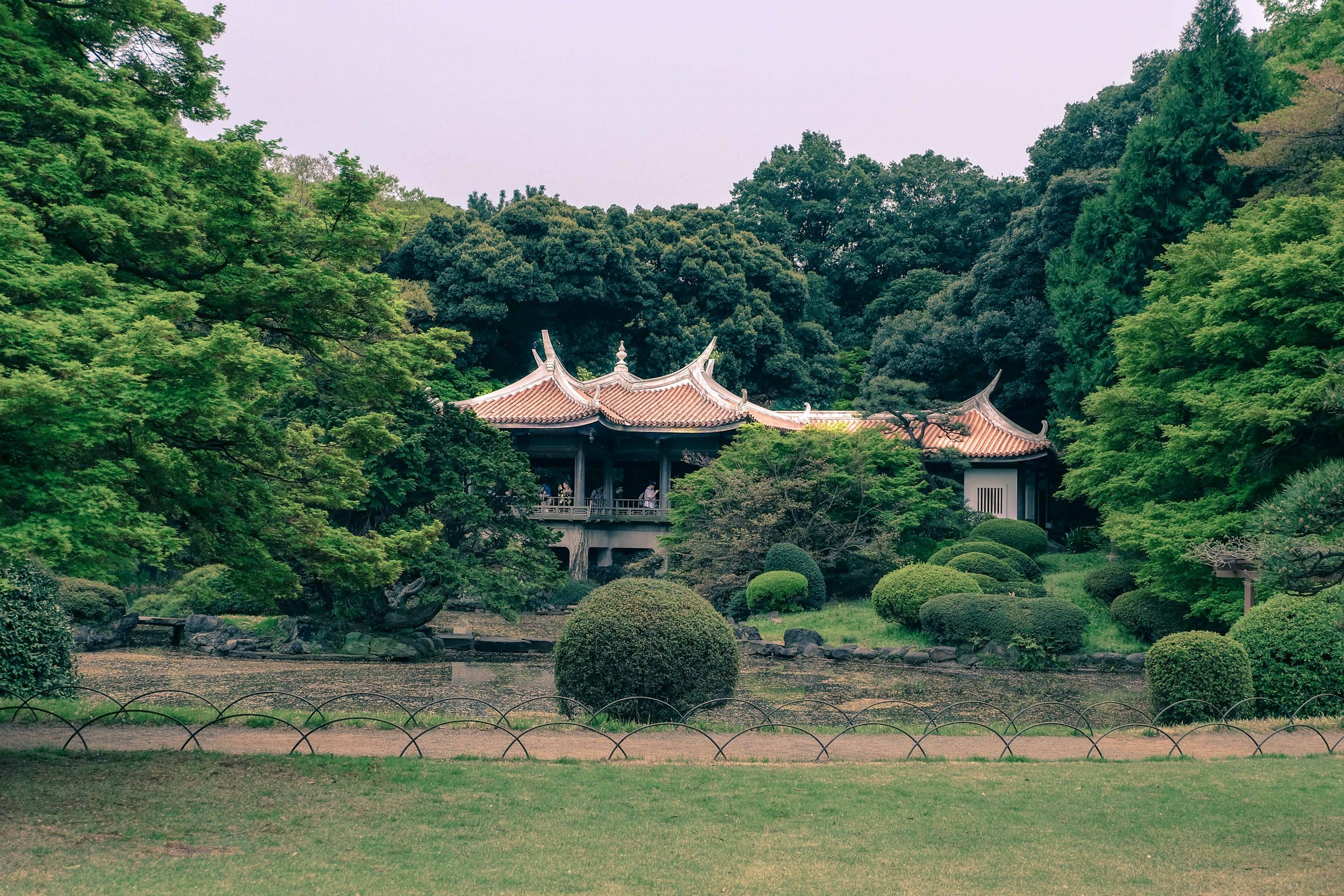
Toilet slippers
Here’s a fun rule which I want to adopt back home too.
Most hotels, guest houses and even homes will have toilet slippers. Yes, this is a real thing in Japan. Toilet slippers MUST be used when entering the bathroom, but you should never wear them outside the bathroom. The place where the toilet is considered dirty in Japan (even though it’s always spotless!).
It may seem a little strange at first, but here’s how you do it. Take off your outdoor shoes or normal house slippers. Put the toilet slippers on. Enter the bathroom. When you exit the bathroom, remove the toilet slippers and put your normal shoes back on.
Visiting a Japanese person
It is customary that when you visit a Japanese person, you bring some nicely wrapped drink or food to the host. You can purchase a lovely gift from any store located on a major train or subway station. Try to go for something that seems very elegant. Don’t go for cheap, as it won’t be well received.
You can purchase some sake, but make sure you only do so if you can afford good quality bottles. These can get costly quickly. If you visit women, buy delicious and sophisticated food. A box of high quality wagashi or similar is perfect.
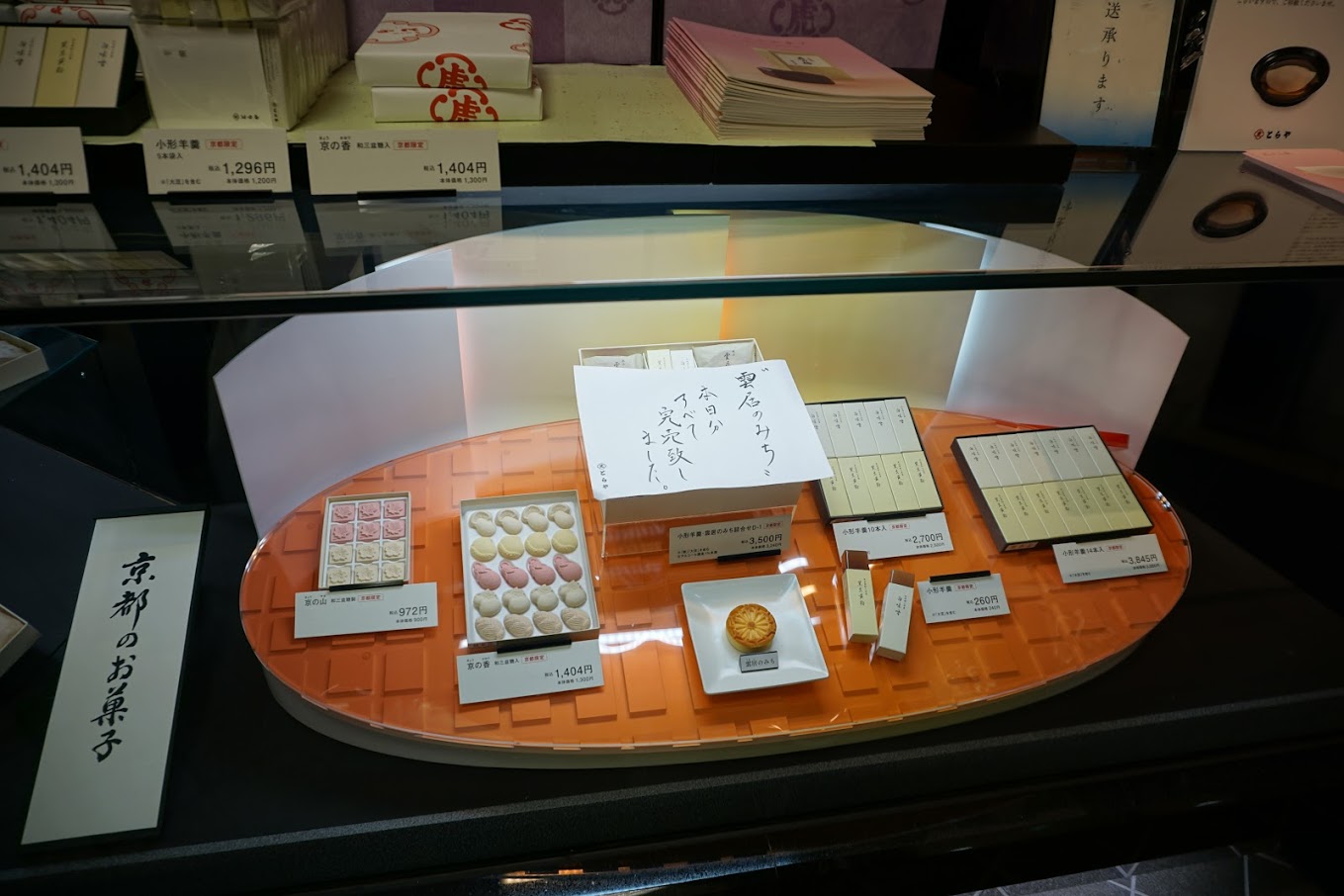
Gift away
People of Japan consider gift-giving essential. Gifts usually require an equal or even higher-priced item in return. Make sure you don’t spend a fortune on a gift just to impress someone, as they will have to pay just as much or more to offer you a gift back.
Not sure what’s the best custom for gifts? We recommend getting high-quality wagashi from a fancy store. You can always visit Shibuya or go shopping in Ginza fancy treats. Be polite, and offer the gift with both hands. If someone offers you a gift, also take it with both hands from them. Show gratitude and appreciation.
Wedding gifts are also important but remember not to offer anything which can signify breaking (mirrors, glasses etc) or cutting the relationship (scissors, knives).
Have a tattoo?
If you intend to experience an onsen, you must inform the staff of any tattoos you have. Don’t be offended if you are refused entry, as tattoos in Japan are usually associated with the Yakuza. Yes, this rule applies even to the smallest, delicate tattoos.
Buy a tattoo cover sheet before your stay or ask at the reception if they can provide you with one. Alternatively, you can opt-in for a private onsen session, just enquire at the ryokan about this before booking your stay.
I recommend booking a ryokan with a private onsen if you’re worried.
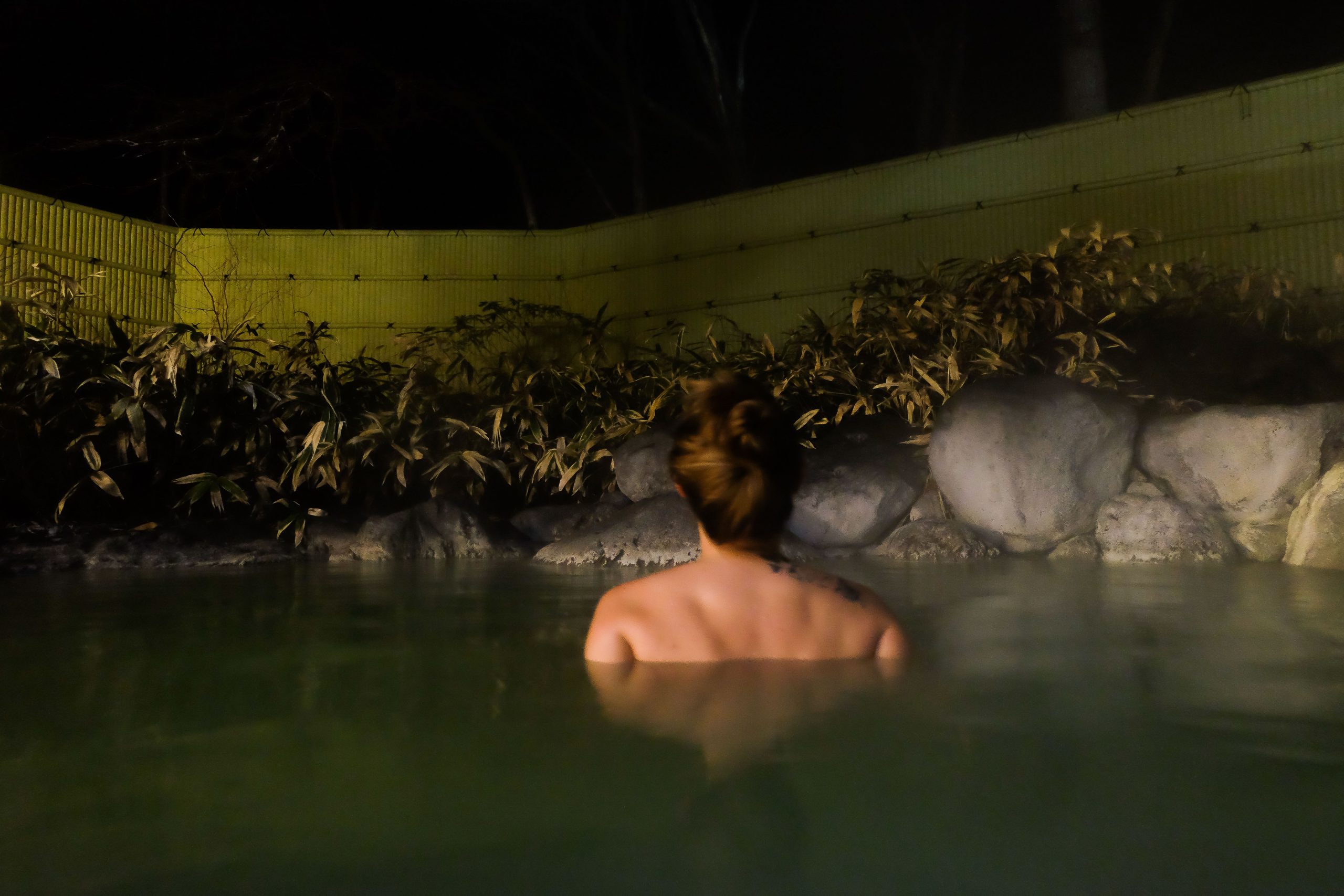
Onsen time
The most interesting Japanese manners are around the onsen. I say this because once you try a Japanese onsen you will never forget your experience. It’s wonderful but also a little unusual at first.
When visiting an onsen you must enter the water naked. It is customary to keep your towel on your head and not allow your hair to touch the water. Most onsens are separated by gender. People sometimes go to public baths to socialise, it’s a bit like an English pub without the clothes and the beer.
Before entering the hot springs, take your time and clean your whole body in the showers provided. Ensure there is no soap residue on your body. You should absolutely not skip this step as it is rude (and unhygienic) to enter the onsen dirty with outside germs.
How to bathe
The Japanese manners and etiquette dictate that you must clean your body before entering a bathtub. Only then you can soak and relax. You exit the bathtub, soap up and rinse. You must make sure no soap touches the water in the bath, as it must be kept absolutely crystal clear. After washing, you return to the bathtub and soak once more. In the end, you shouldn’t drain the water, but allow the rest of your family members to do the same. If you are the honoured guest, you usually have priority to enter the bath first.
This may seem like a strange custom, and rightfully so, but remember to be polite and act accordingly. And you know, don’t be afraid to ask the Japanese people how to do something the right way.
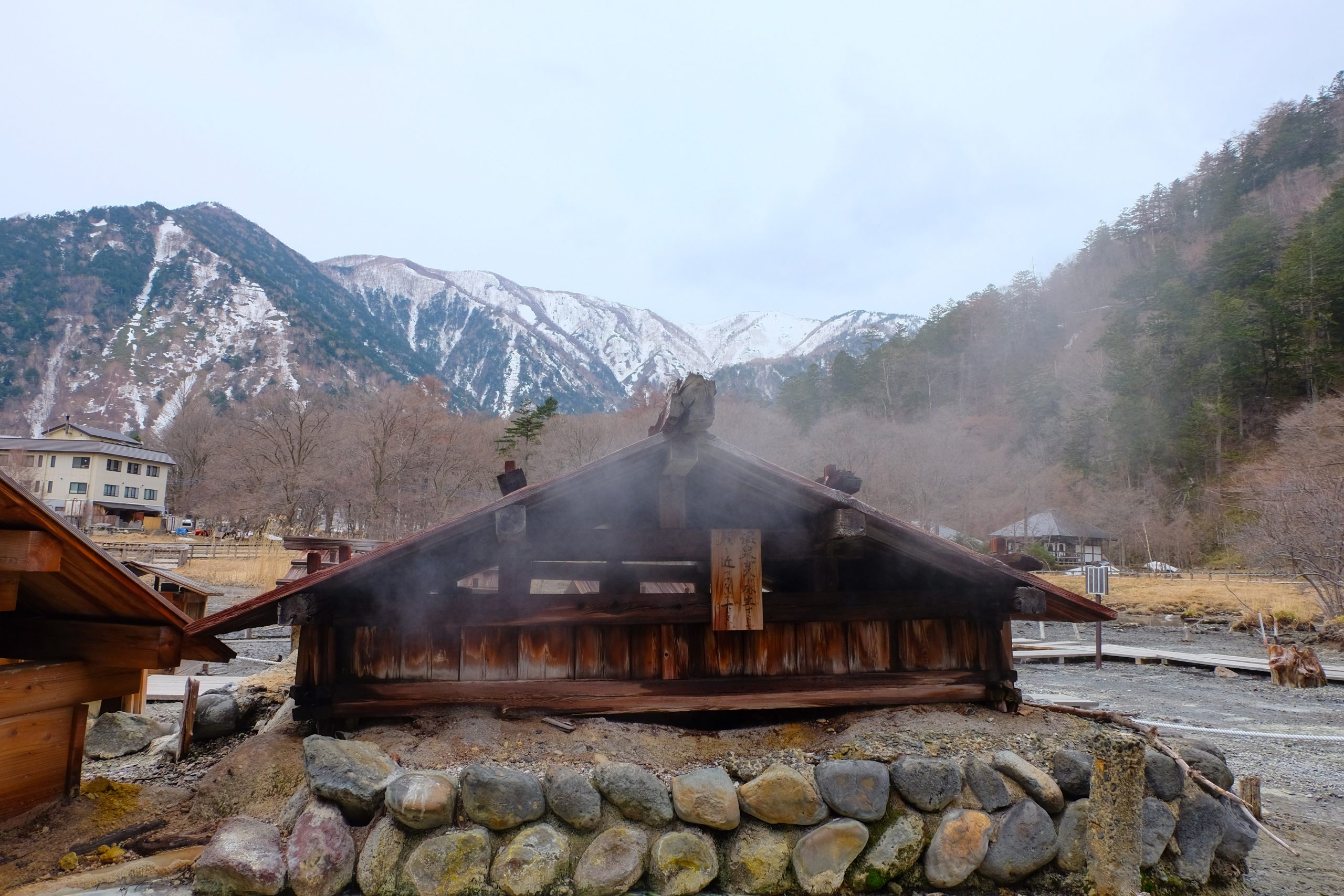
Bow or Nod
Japanese people greet each other by bowing. I’m sure you noticed this custom in movies or shows. You will see that some bow a little, whilst others offer a deep bend to the waist. Long and deep bows indicate respect, whilst a shorter bow is informal.
Don’t bring your hands to the chest when you bow, as this is not a yoga exercise. You are not expected to know the rules of bowing in Japan; however, you will be greeted by a bow when entering a restaurant or shop. It is nice to offer a small nod back to reciprocate the greeting.
Shaking hands is very common for business introduction in Japan. Don’t bow and shake hands at the same time. It’s awkward and weird.
Paying the check
It is common for friends to split the check. This is common even on a date.
A Japanese business custom is that if you take clients out for dinner, make sure you cover the check. It is common that people fight to pay the check, but the person who has something to sell should cover the bill. It is unlikely you will get the custom if the customer ends up paying the bill.
Ideally, you will have the exact amount of change to pay your part of the bill.
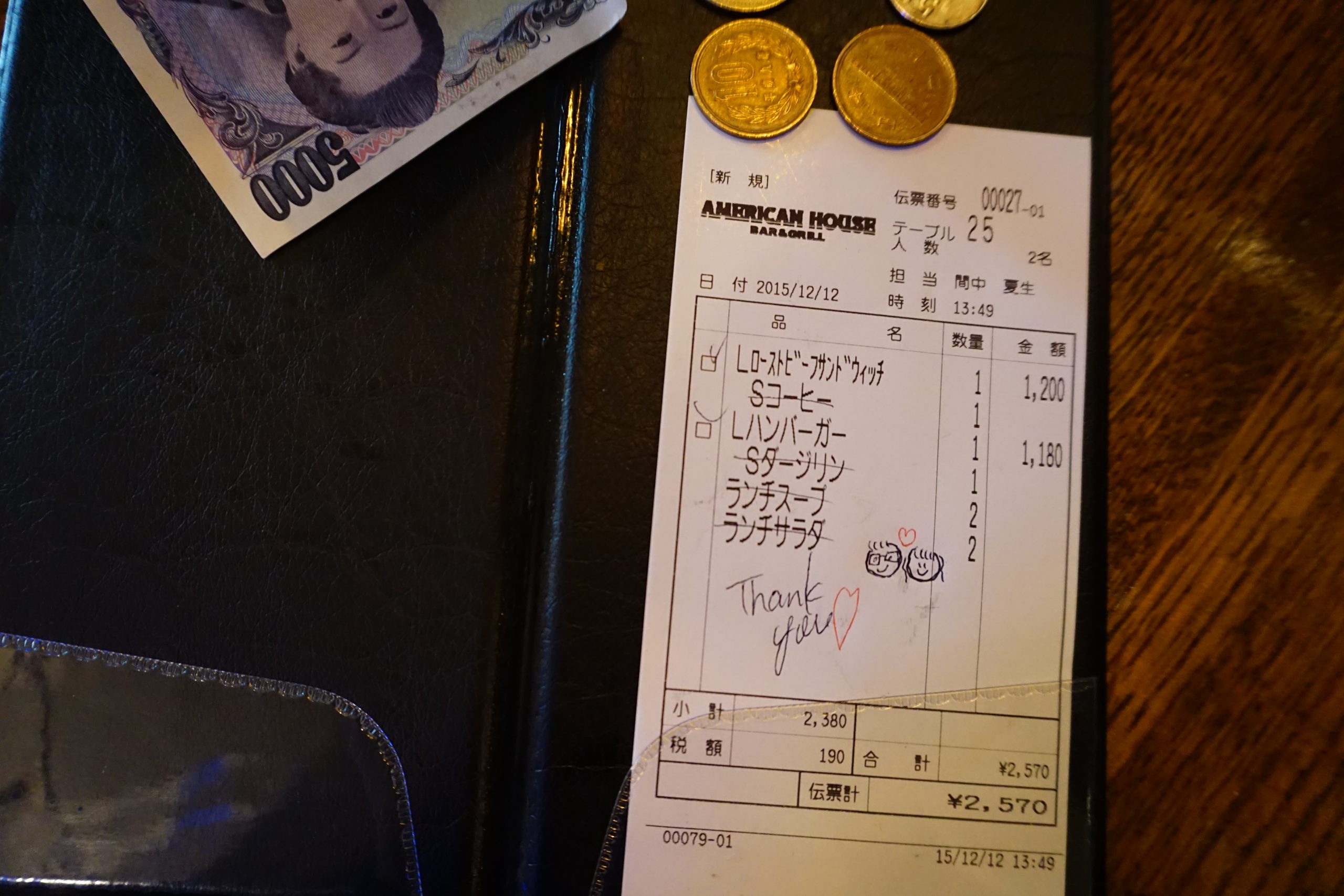
Use the wet towel properly
When seating down for a meal, you will receive an Oshibori (warm hot towel) to clean your hands with. Do not use it to clean your face. You might see middle-aged Japanese men doing this, but it is considered mildly rude and inappropriate. Clean your hands, then fold it back nicely and leave it on the side.
This is considered good manners in Japan, and ultimately, it’s a bit of common sense to have your hands clean before touching other things in a restaurant.
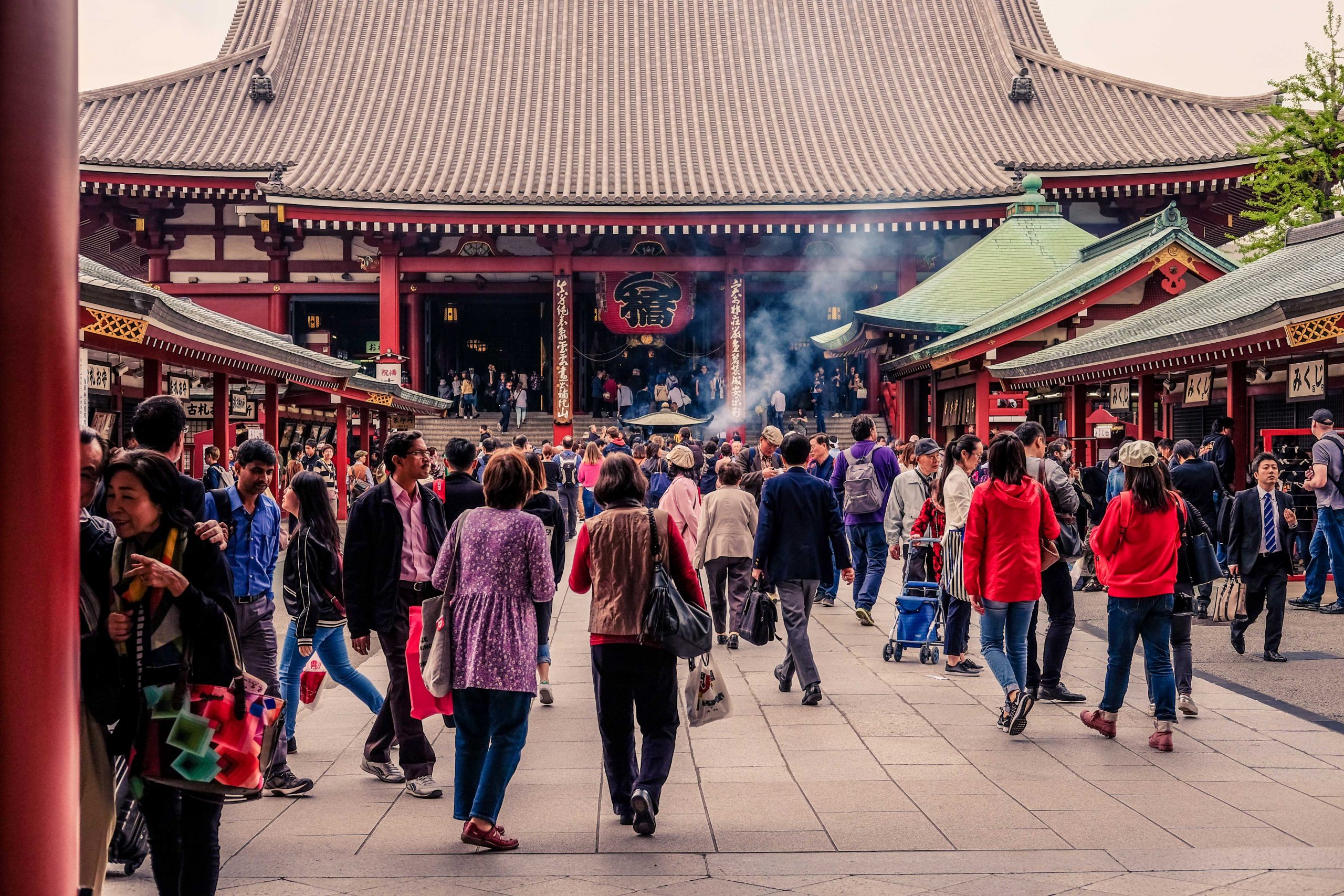
Put your chopsticks back in their place
Did you receive your chopsticks in a paper cover? Once you finished eating, put them back in their paper cover as you found them. This is because the waiter shouldn’t have to touch the chopsticks once they’ve been used.
If your chopsticks didn’t arrive in a paper cover, they will come with a nice chopstick stand. Make sure to use the stand so the part that touched your mouth doesn’t touch the table or the table cloth. Again, it’s a nice hygienic behaviour.
Don’t drink before saying kanpai
Kanpai means cheers, and drinking before saying cheers is considered undisciplined. When drinking in a group, everyone waits for their order, then say kanpai, then drink. It’s usually done for the first round, then things are allowed to get a little messier. And they really do, as I’ve discovered during my pub crawl.
This is a nice custom that we all have in our countries as well. Everyone says cheers one way or another before drinking.
Elevator manners and etiquette
The person closest to the buttons should operate the elevator doors (selecting floors etc). The person closest to the elevator doors should be the last to get off when they reach their floor.
If in doubt, move out of the way and allow everyone else to get out. Again, respect everyone and their space as much as possible. It is considered polite to hold the elevator door for others.
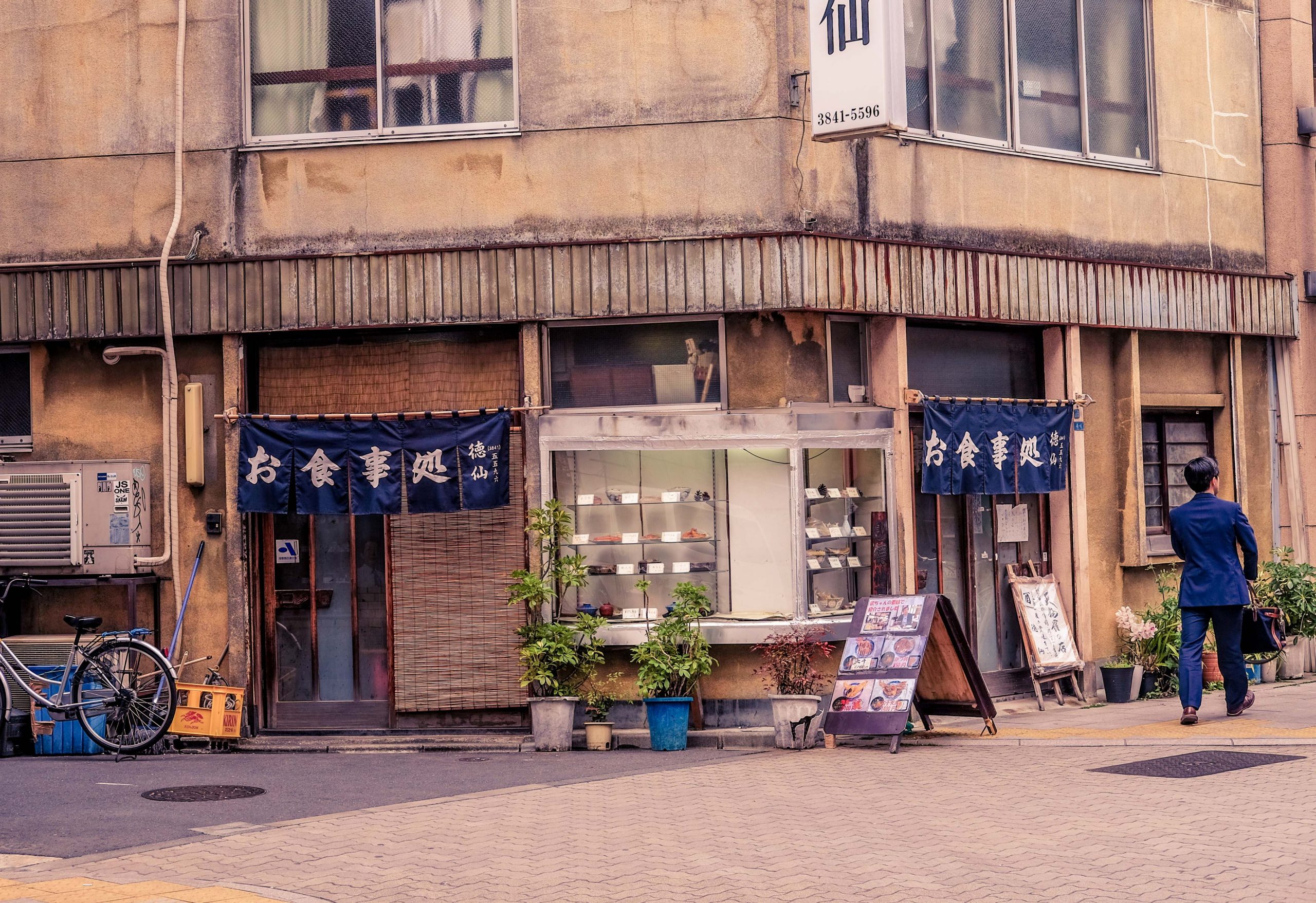
Business cards with both hands
Going to do business in Japan? There are some customs you need to be aware of. Business cards are super important in Japanese culture. When exchanging business cards, make sure you receive it with both hands. Inspect it carefully and look appreciative.
If you are in a meeting, layout the business card you receive in front of you. Otherwise, make sure to not place the business card in your pocket but only in a business card holder.
Take the backpack off
When boarding a train or subway, you should take the backpack off your shoulders and carry it in your hands instead. You will see that public transportation is usually crowded in Japan, especially in cities like Tokyo. It’s best to try to be as compact as possible and not disturb others with your belongings.
You will see that everyone else will do the same.
Taxi
Most taxi doors in Japan are automatic. This means it opens and closes for you. Please don’t attempt to operate the doors yourself, as this might make the taxi driver upset. You should be quiet and polite during the journey and of course, you shouldn’t leave any rubbish behind.
Taxi drivers are very proud of their cars, and they keep them clean and nice at all times.
Keep smoking at bay
It is illegal to walk and smoke in some areas, which, I think, is excellent. Walking and smoking can be viewed as completely irresponsible, as you can burn someone mistakenly, especially in a crowded area. Thus, you can only smoke at designated outdoor smoking areas. Streets where it is illegal to walk and smoke are clearly marked.
You will see specially designated smoking areas.
Restaurants and bars have a ban on indoor smoking, except for some small izakayas opened before April 2020.. You can still smoke in private homes, hotel rooms and cigar bars.
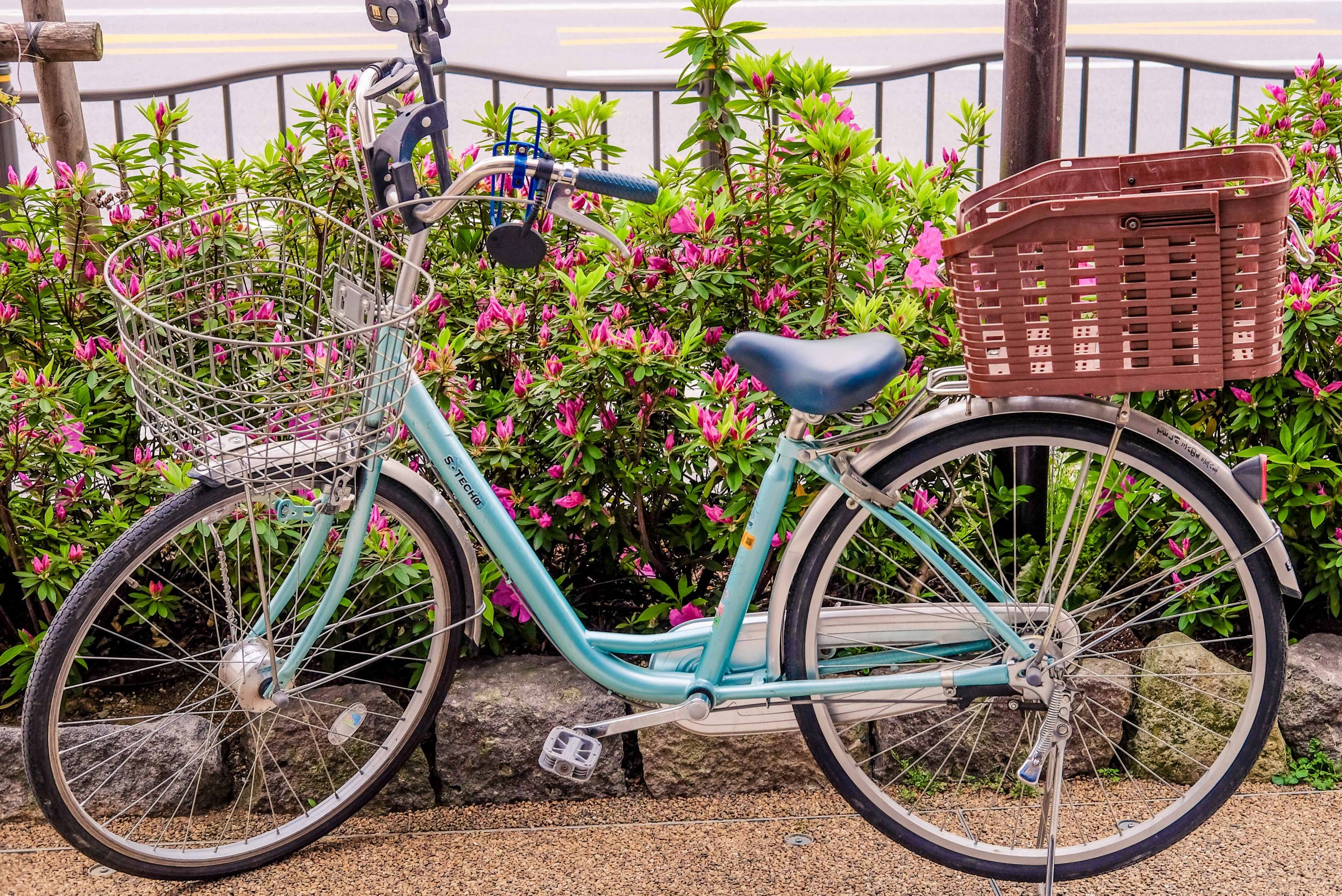
Formal Wear
Going to the restaurant? Do you have a meeting at the office? Attending a tea ceremony? People in Japan like to dress for success; thus you will see many black suits and formal wear everywhere. I’m not just talking about suits which are often salarymen. I’m talking about everyone in Japan because most people tend to look as neat as a pin.
In Japan, it is expected that you blend in and not stand out. It’s the way the Japanese society works. I recommend dressing in a neutral colours with decent clothes. Harajuku is the exception to this where many young people dress in colourful outfits to express themselves.
Don’t interrupt people
Avoid interrupting people when they are speaking or thinking about an answer. Japanese don’t mind short periods of silence in the middle of the discussion, so please be patient.
Be polite and allow the other person to take their time, especially because many Japanese people don’t actually speak English often. Nod nicely, smile and avoid continuous eye contact as previously discussed.
No soy for the rice
Are you out to eat some sushi? If you eat nigiri, make sure to not dip the rice in soy sauce. The correct way of eating the sushi is to dip the fish in soy and put the whole nigiri in your mouth. You shouldn’t bite into your nigiri either. You’re meant to eat it in one go.
Stick your umbrella in a sleeve
Don’t make people wet with your umbrella, so be careful when entering a subway, train or crowded space. Restaurants and department stores provide a plastic sleeve for your umbrella at the entrance. These are not optional, as owners are seriously concerned about making the floor wet and slippery.
Be well-mannered and use the umbrella sleeve when entering an establishment. Some places even have umbrella stands where you can ;eave your umbrella at the door.
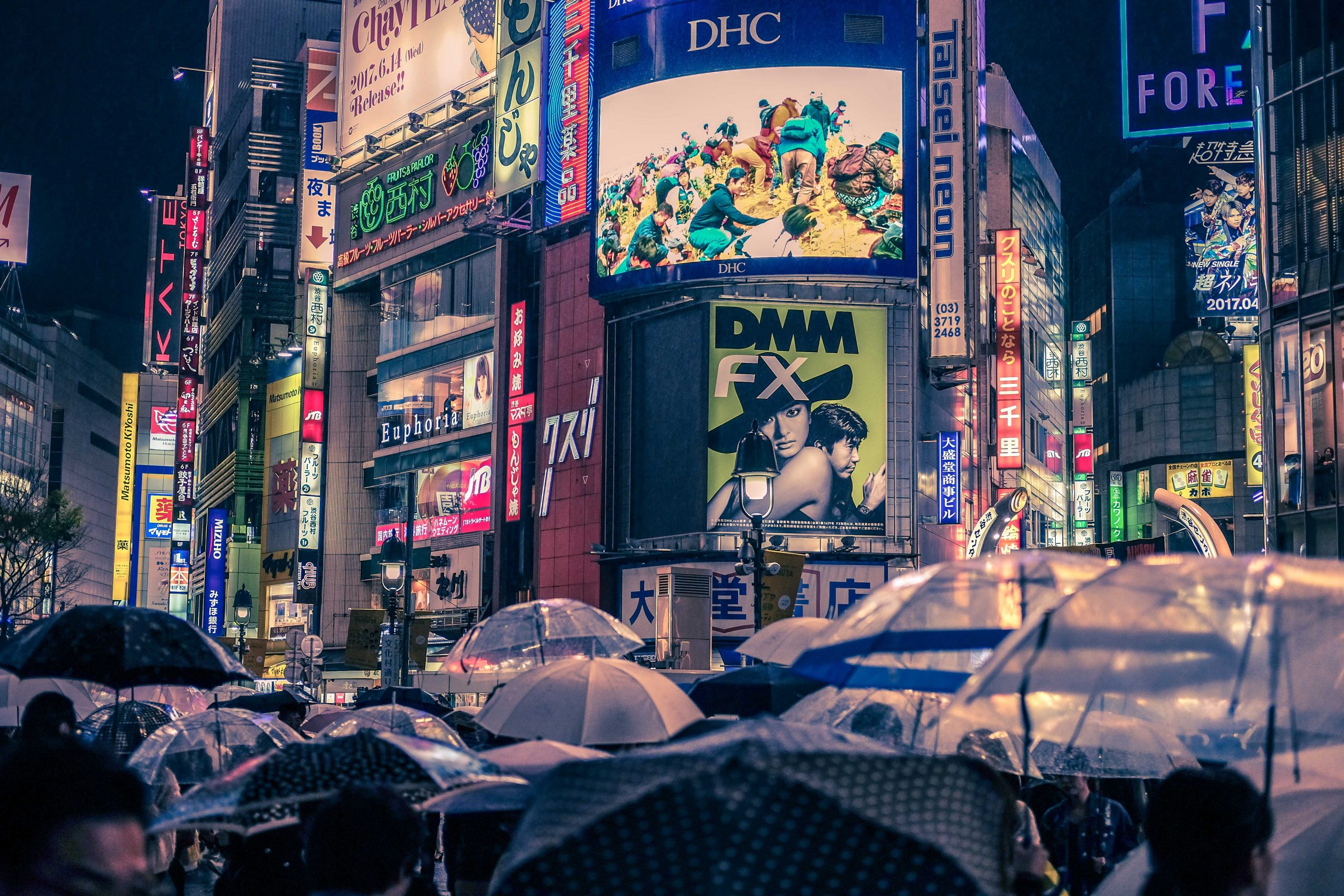
Hello miso soup
Soup in Japan is not eaten with a spoon. Pick up the small bowl, and drink. You can use your chopsticks to help any bits of tofu or seaweed out of the bowl.
You will notice that miso soup is usually served with almost everything you order. It’s so delicious and easy to eat. Some places offer free miso soup refills. You can make use of this as it is not considered impolite to ask for a refill.
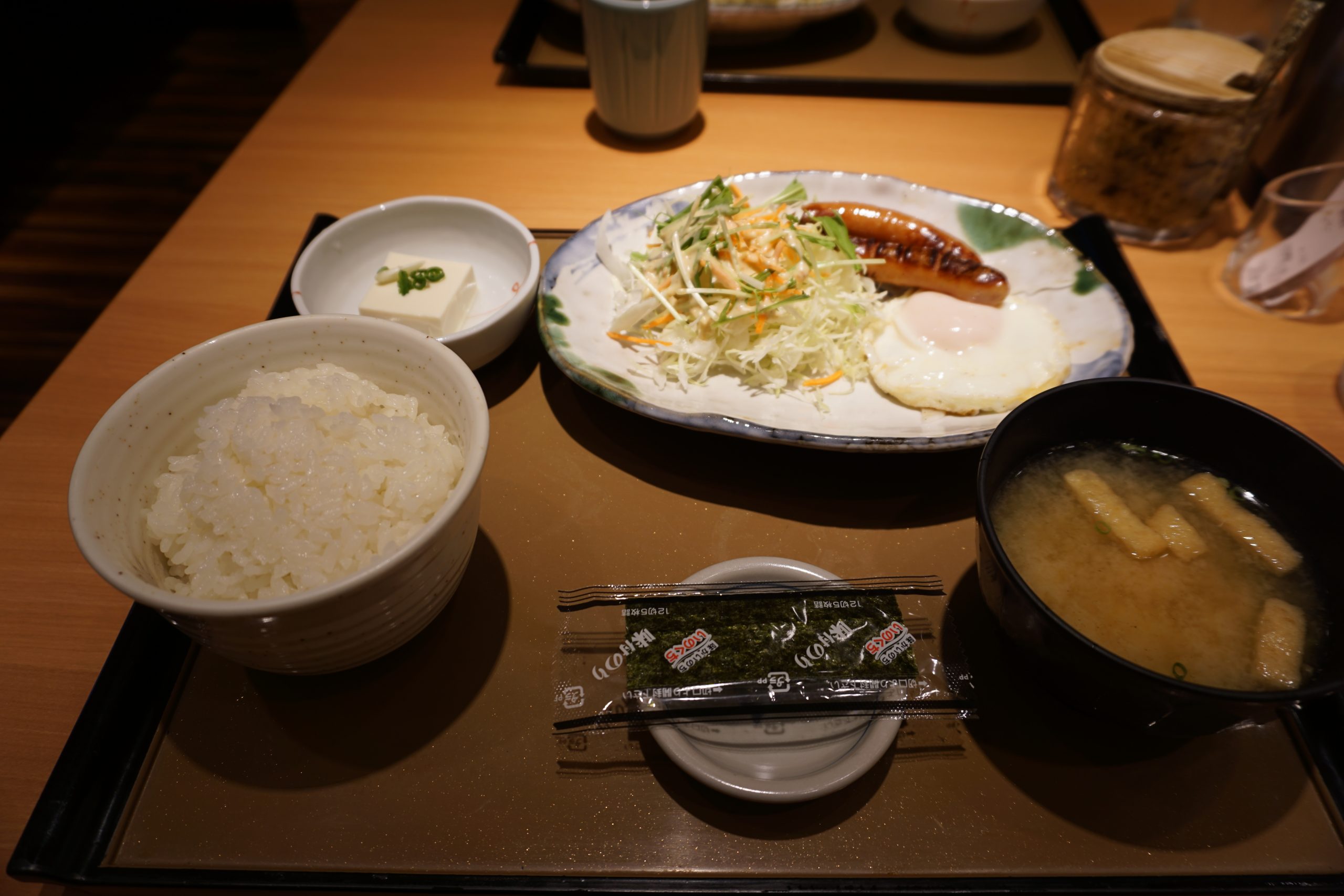
Cory-san from Japan
When talking to a Japanese person, it is best to be polite and add “-san” to the end of their name. This is an essential Japanese manner and etiquette when addressing someone new or in a business environment. When you have friends, it’s OK to address them as they are called.
I hope this guide helped you familiarise with some of the most important Japanese manners. I love hearing from you so don’t forget to leave a comment below to tell me about your experience with the Japanese culture. Mata ne!
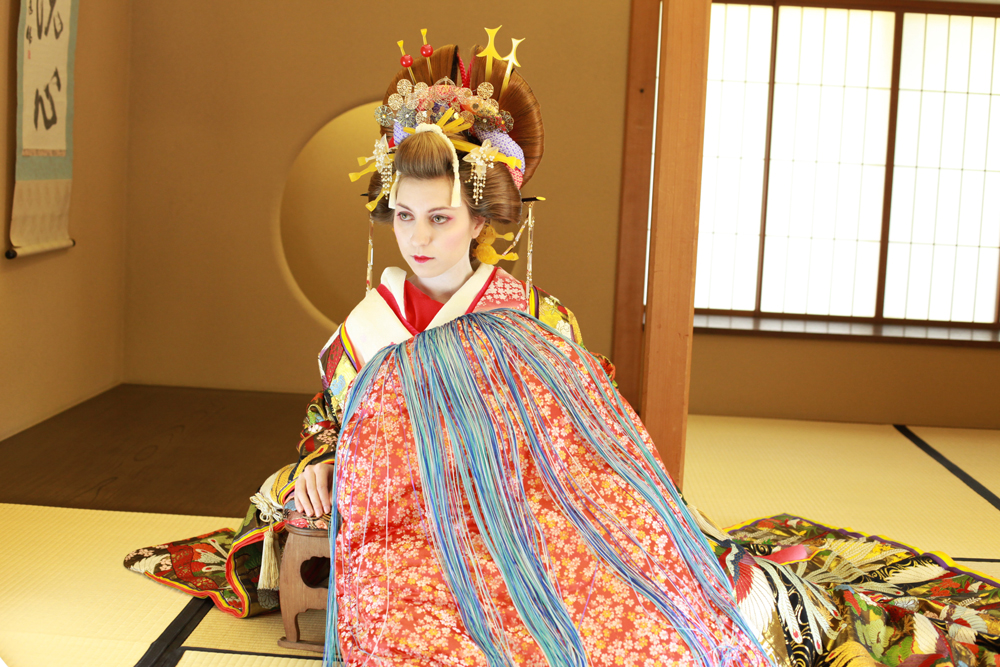
More tips and information on Japan
As you can tell, I love Japan, so I made it my mission to give you all the best tips and tricks as well as useful free guides and itineraries. See below more useful information on Japan:
Japan itineraries
Tokyo
Kyoto
Osaka
Food
Don’t forget to check our free and complete travel guide to Japan. Happy travels!

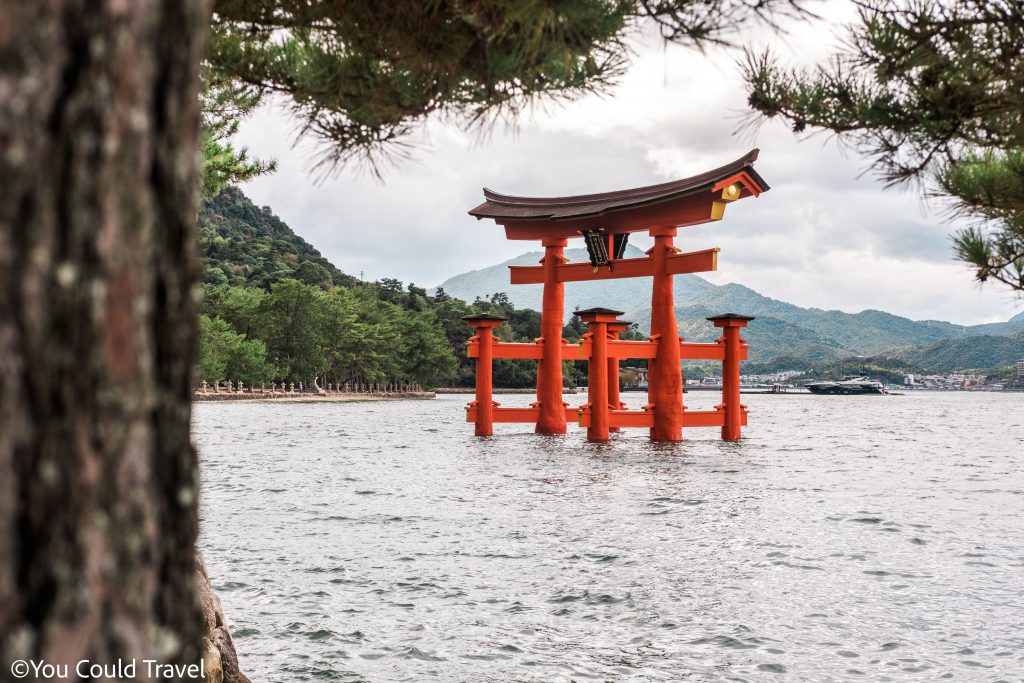
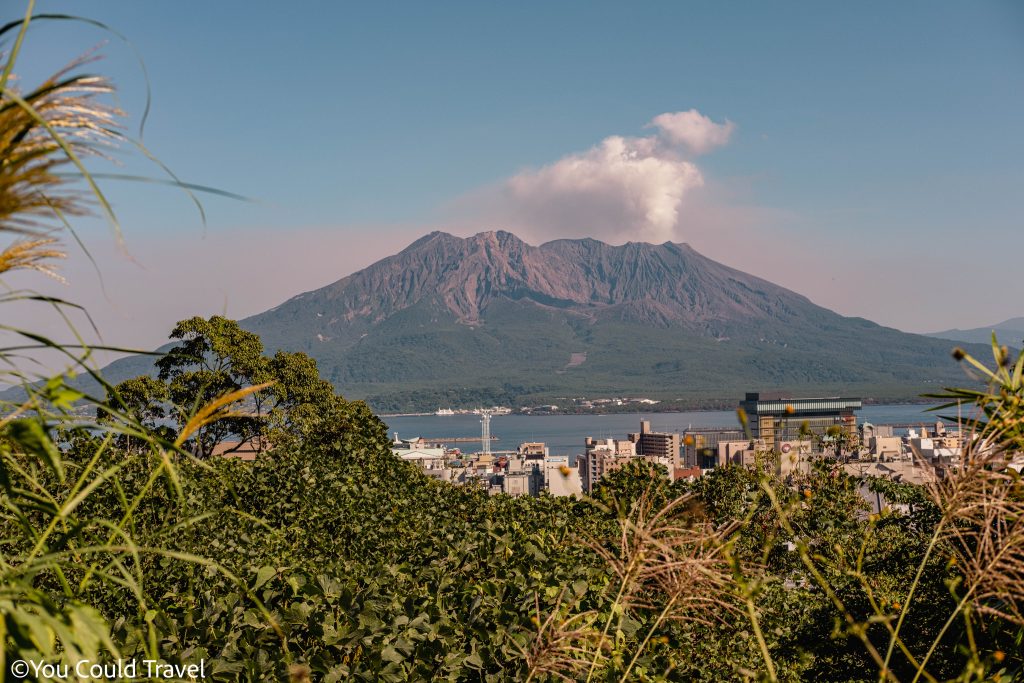
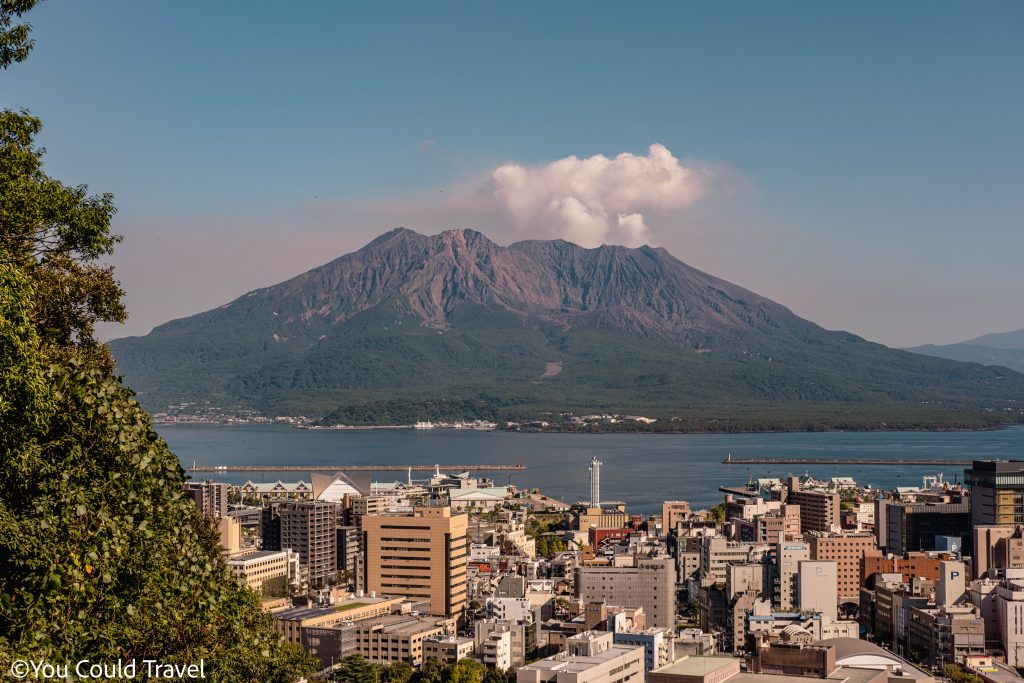

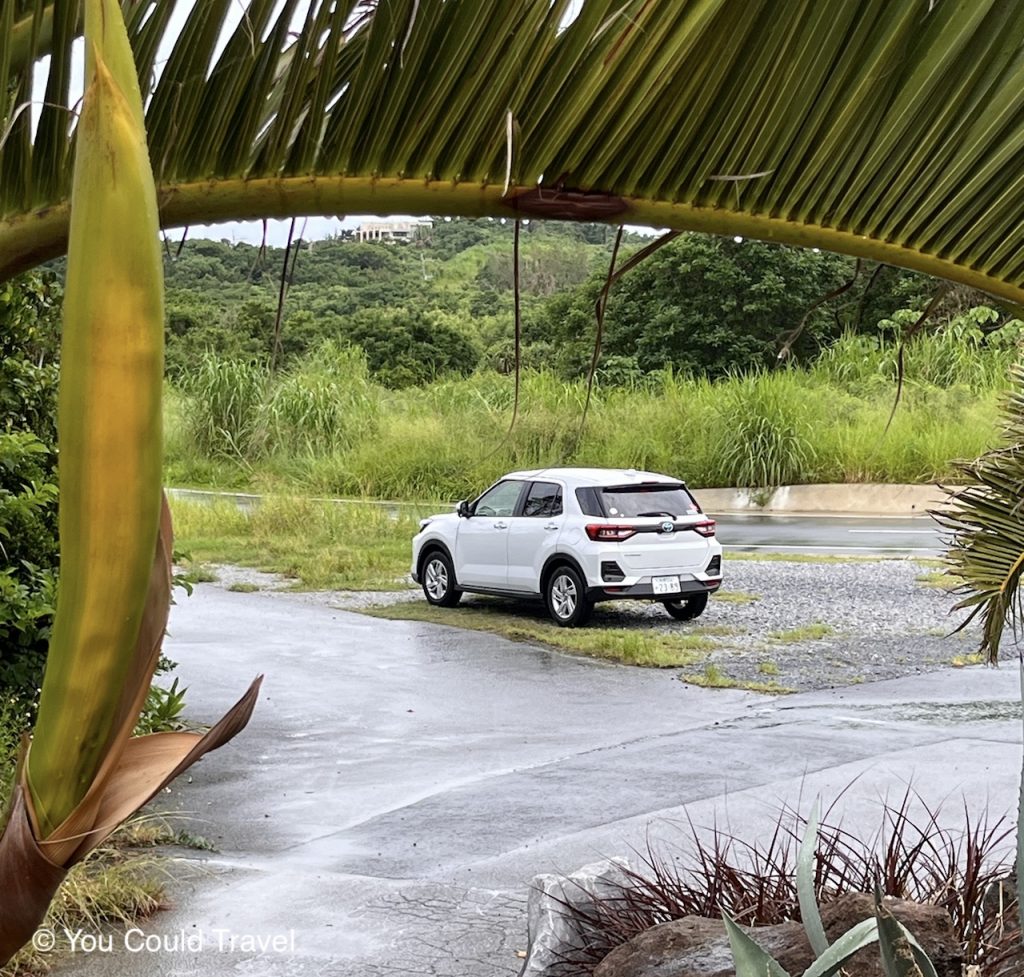

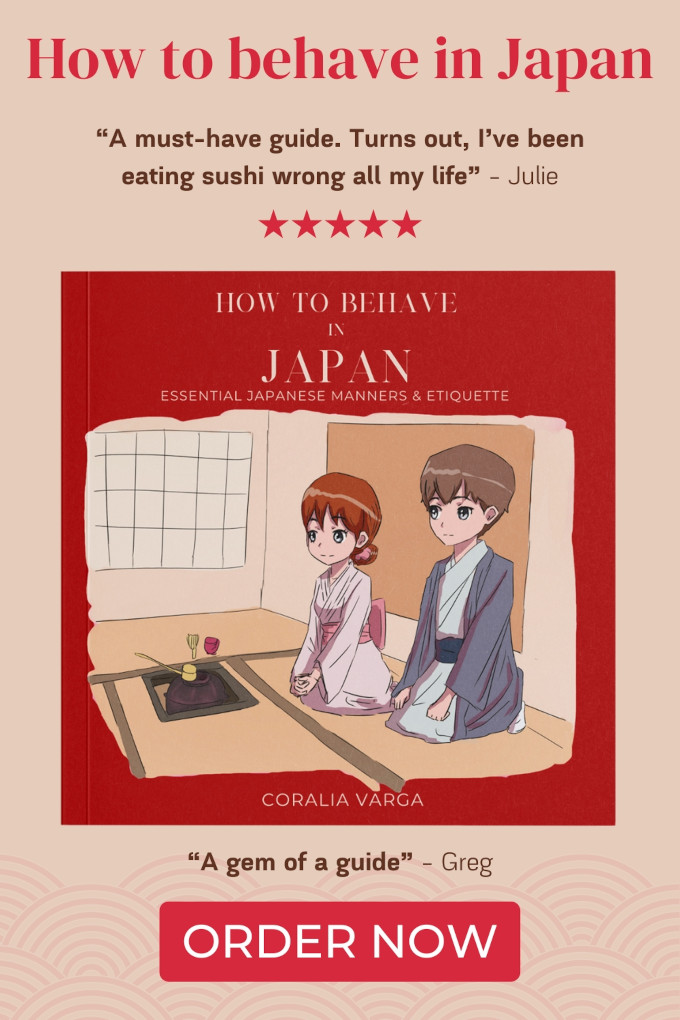

Leave a Reply